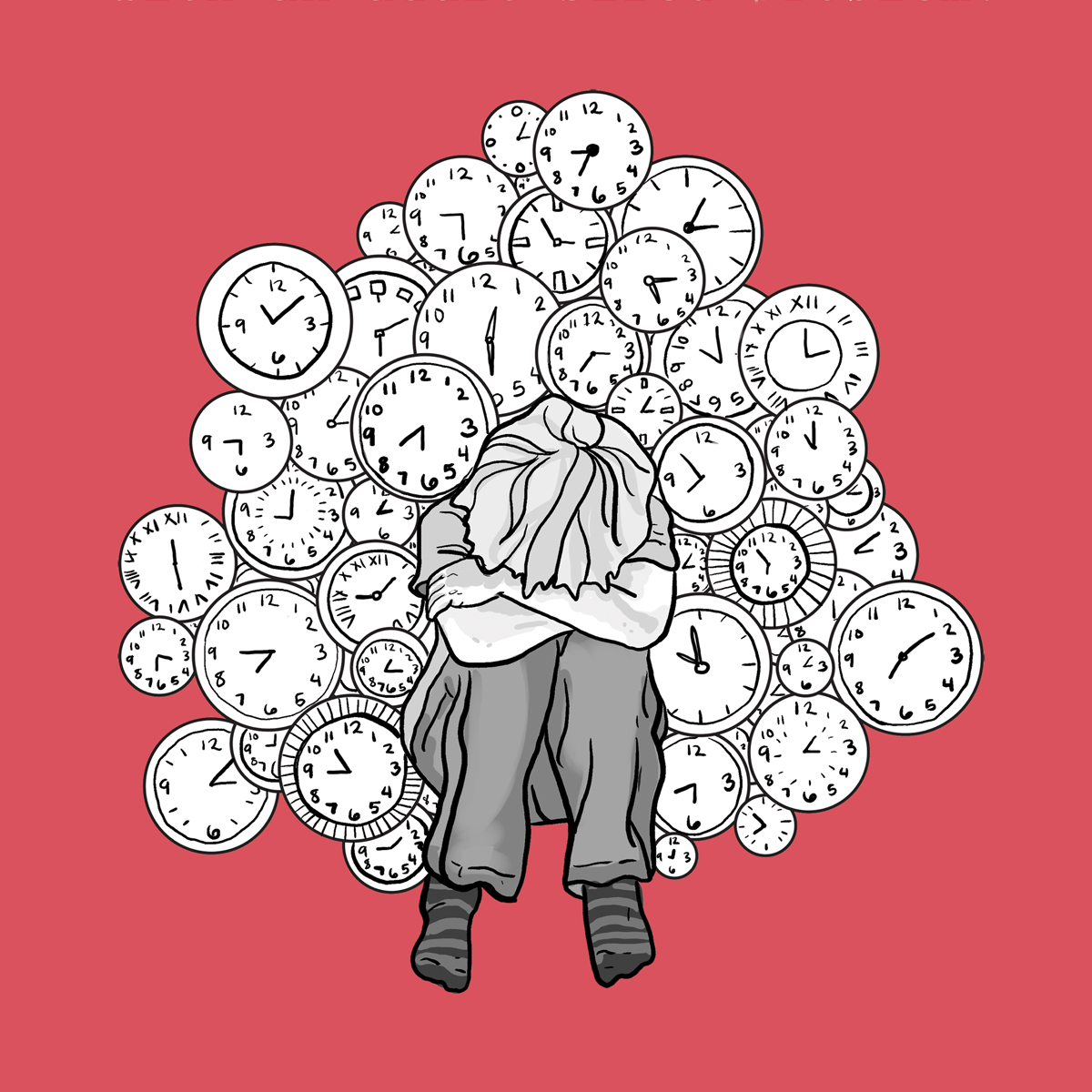
Logo of Unstuck
We previously introduced the movie “Unstuck: An OCD Kids Movie” and now we have the pleasure of hearing from the creators, Chris Baier and Kelly Anderson!
Read on for the interview:
- How did you come up with the idea to create Unstuck?
KA: After my daughter was diagnosed, I realized I was spending so much time reading about OCD, but there wasn’t a ton of helpful resources for kids or families. As a filmmaker, I knew a film could fill that void but the biggest obstacle was my discomfort with showing kids going through crisis and ERP. I didn’t want to exploit them and knew from experience that no parent would want the world to see their child in such a vulnerable position. However, one day when I was driving my daughter and Chris’ home from an OCD summer camp I overheard them talking about their issues in a very educated and meaningful way. The idea of letting kids share their knowledge just felt right. I knew Chris through his Brooklyn OCD support group and we came up with this idea of “kids as experts on OCD.”
CB: Like Kelly, my life was all about getting educated about OCD. I scoured the Internet and found many books and articles, but not a lot of visual help. The videos on YouTube at that time were either sensational, or dry and meant for clinicians. There wasn’t a lot of media for young kids either and definitely nothing from a kid’s point of view. When Kelly mentioned her inspiration for the film, I knew it would be valuable. All we had to do was make it.
- What were some of the things that surprised you in the making of the movie?
CB: Each time we interviewed a kid for the film I walked away impressed. Kids that go through a physical and psychology disorder like OCD have a level of calmness and understanding that’s beyond their years. You can see and feel it. We choose the kids we did partly because they would be good examples for others; I didn’t realize how much I would admire their wisdom in my own life.
KA: What Chris said! The other surprise for me was how willing the kids were to be public about their OCD. Every time we asked them, “Why did you want to do this film?” The answer was “to help other kids with OCD know they aren’t alone and that they can beat OCD.” It speaks to their bravery and also points to the fact that a lot of good work has been done, especially with young people, to raise awareness about mental health issues and neurodiversity.
- You’ve mentioned your personal connections to OCD on the website. How did that influence how you approached this movie?
KA: As I mentioned above, it made me very sensitive to the issues of how the kids could actually give consent to participate in something this public. We really discussed what it could mean to have your OCD being discussed on YouTube 10 years from now, what it would be like if all your peers, or potential friends, knew you had OCD. And I mentioned above, I felt really strongly that the kids be represented not as victims but as having integrity and knowledge and the ability to take action to help themselves.
CB: A big motivation for me to make a film that my wife, Ali, and I would have needed to see when Vanessa was first diagnosed. We needed not just to know about OCD and treatment, but that there was hope and a positive idea of recovery. I kept this notion in the back of my head during the whole production and editing process.
- What is the most memorable moment of either the filming or the screening?
CB: The moment I will never forget is when the kids walked on the stage after the OCD Conference screening and the audience gave them a standing ovation. I was so proud of them and their families. It was vindication for their hard work and determination.
KA: That was certainly great! The kids are amazing and speak for themselves in the film, but it was always touching for me to meet the parents. We share something because we have been through these incredibly difficult journeys with our kids. The parents were so generous in allowing us to interview and represent their kids even though they barely knew us! Their trust meant a lot to me.
- What do you most wish viewers take away from watching Unstuck?
CB: Above all, I want kids with OCD and their families to know that they aren’t alone. There’s comfort knowing that you are part of a community and others are going through what you are going through. Another thing that’s hopefully crystal clear is that with consistent therapy anyone – child, teen, adult – can learn to fight OCD.
KA: That the right treatment is incredibly important, and that it can work wonders. And that given access to the right concepts and tools, people can be remarkably resilient.
Thank you both so much for your time and sharing a little bit about the creation of the movie with us!
If you’re interested in learning more, please visit the website: http://www.ocdkidsmovie.com/ where you’ll also be able to find screenings of the movie across the US and Canada.
Educators, therapists, and community resources are able to purchase a copy of the film, or stream it for viewing! Visit this link to learn more.
Unfortunately, the movie is not currently available for purchase by the public. However, they are working on getting it into film festivals! Join their mailing list to be the first to know.





